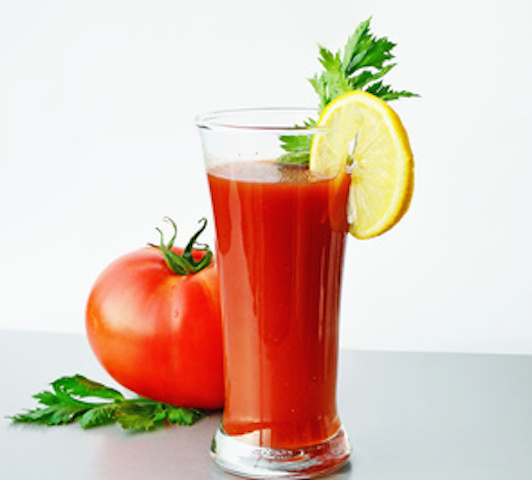Other than skin cancer, breast cancer is the most common type of cancer in American women. According to the American Cancer Society, about 1 in every 8 women in the United States will develop invasive breast cancer during their lifetime. American Cancer Society estimates that about 232,340 new cases of invasive breast cancer will be diagnosed this year, and 39,620 will die from breast cancer this year.
It is so important to take healthy steps to prevent this deadly disease, and to spread the knowledge to your loved ones.
Eat more of the following:
Lemons: They contain compounds called limonins, which have been shown to fight many types of cancers. What makes limonins unique cancer-fighting agents is their long lasting nature.
Watermelon: They contain compounds called cucurbitacins. Studies have shown may inhibit breast cancer cell growth. Watermelons are also high in carotenoids that may help prevent cancer as well.
Tomatoes: They are an excellent source of melatonin, which is important for breast cancer prevention. Melatonin helps to reduce estrogen production in the body, which is one of the major factors for breast cancer development. Tomatoes also contain lycopene. According to the American Cancer Society, lycopene may be effective against many types of cancers, including breast cancer.
Breast cancer prevention juice:
1/2 a lemon
1 cup of tomatoes
3 slices of watermelon
Process ingredients in a juicer
Make sure ingredients are organic
Drink once a day and enjoy!
Note: None of the information in our website is intended to diagnose, treat, cure or prevent any illness or disease. The content on our website is for educational purposes only.
For the top 10 cancer-fighting foods.
REFERENCES
1. Woods, Marcia. “Citrus Compound: Ready To Help Your Body!” Agricultural Research Service. USDA, n.d. Web. 05 August 2013.
2. “What Are the Key Statistics about Breast Cancer?” Cancer.org. American Cancer Society, n.d. Web. 05 August 2013.
3. “Cucurbitacin B Inhibits Human Breast Cancer Cell Proliferation.” National Center for Biotechnology Information. U.S. National Library of Medicine, n.d. Web. 05 Aug. 2013.


















One Comment